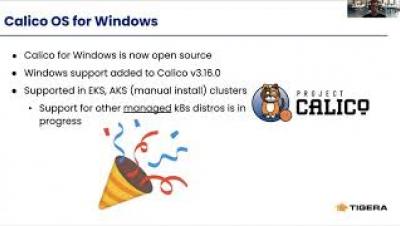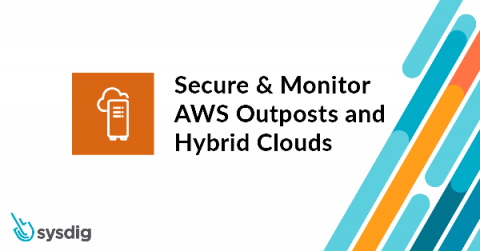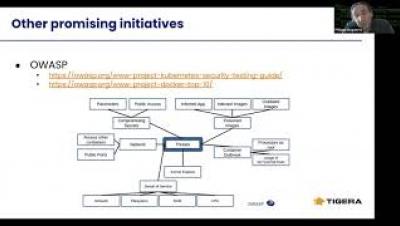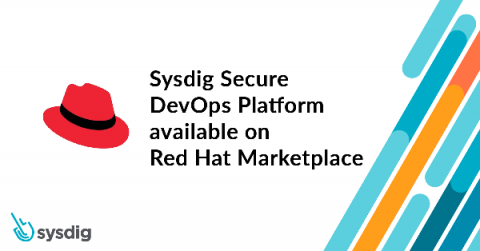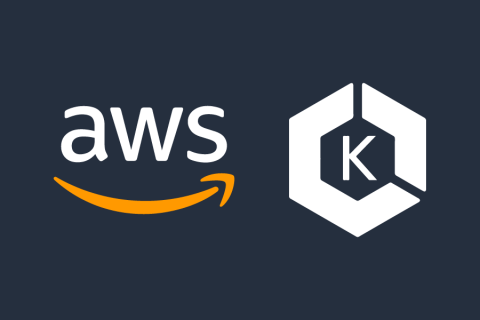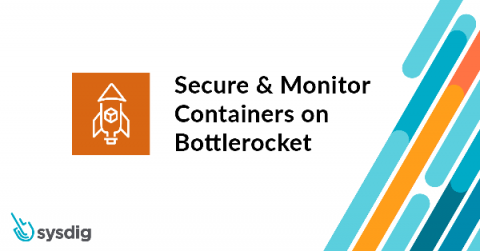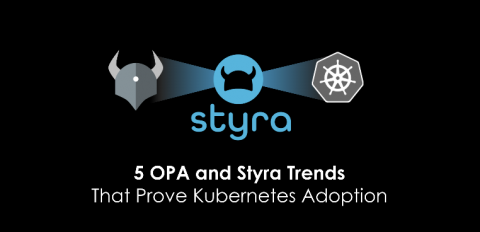Security | Threat Detection | Cyberattacks | DevSecOps | Compliance
Containers
Secure and monitor AWS Outposts and hybrid clouds
Today we announced that Sysdig has demonstrated successful integration of our monitoring and security software with AWS Outposts and achieved the AWS Outposts Ready designation. AWS Outposts provides a fully managed service that extends AWS infrastructure, services, APIs, and tools to your datacenter, co-location space or “edge” location to support on-prem and hybrid cloud use cases. AWS Outposts provides a hardware and software stack built on Amazon’s EC2 public cloud expertise.
Achieving CI Velocity at Tigera using Semaphore
Tigera serves the networking and policy enforcement needs of more than 150,000 Kubernetes clusters across the globe and supports two product lines: open source Calico, and Calico Enterprise. Our development team is constantly running smoke, system, unit, and functional verification tests, as well as all our E2Es for these products. Our CI pipelines form an extremely important aspect of the overall IT infrastructure and enable us to test our products and catch bugs before release.
Kubernetes Security - Intrusion Detection and Mitigation
Sysdig Secure DevOps Platform available on Red Hat Marketplace
Sysdig is pleased to announce that the Sysdig Secure DevOps Platform is now available through Red Hat Marketplace.
Self-Service Network Security for Kubernetes
The New Model for Network Security: Zero Trust
The old security model, which followed the “trust but verify” method, is broken. That model granted excessive implicit trust that attackers abused, putting the organization at risk from malicious internal actors and allowing unauthorized outsiders wide-reaching access once inside. The new model, Zero Trust networking, presents an approach where the default posture is to deny access.
Mitigating the Risks of Instance Metadata in AWS EKS
Compromising a pod in a Kubernetes cluster can have disastrous consequences on resources in an AWS Elastic Kubernetes Service (EKS) account if access to the Instance Metadata service is not explicitly blocked. The Instance Metadata service is an AWS API listening on a link-local IP address. Only accessible from EC2 instances, it enables the retrieval of metadata that is used to configure or manage an instance.
Secure and monitor your containers on Bottlerocket from AWS
Sysdig is pleased to support AWS today in their GA launch of Bottlerocket, a special-purpose operating system designed for hosting Linux containers. Orchestrated container environments run potentially hundreds of compute nodes. Operating general-purpose Linux on container hosts introduces complexity for IT teams who must patch and update packages across their clusters. Worse, features and packages that are not necessary for running containers, introduce unnecessary security exposure.
Five OPA and Styra Trends that Prove Kubernetes Adoption
I’m often asked from people outside the cloud-native space how the market is progressing and if Kubernetes is taking off or not. My answer is always the same: Kubernetes is absolutely the de facto approach to managing containerized applications, and, because of that, the market is expanding exponentially. We’re almost two-thirds of the way through 2020, and in the cloud-native space, it’s so far been the year of Kubernetes.


